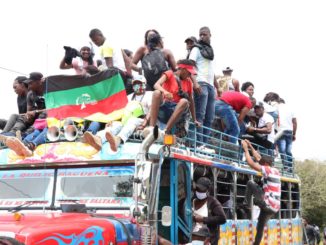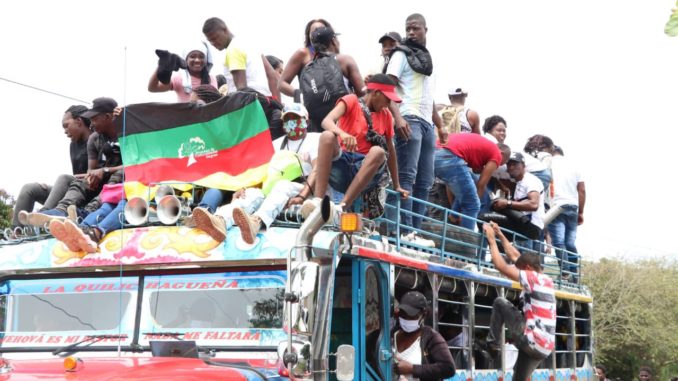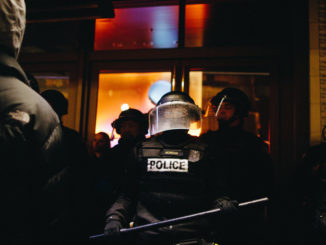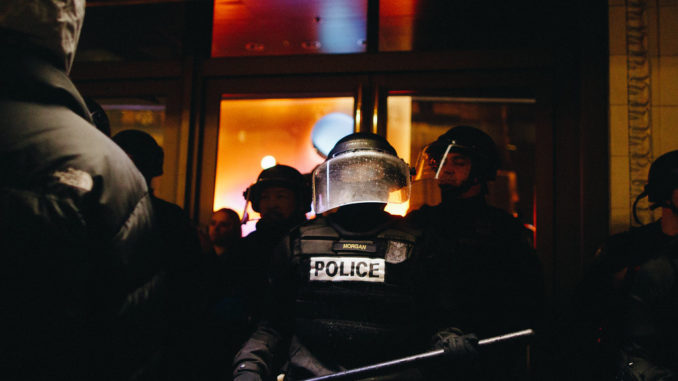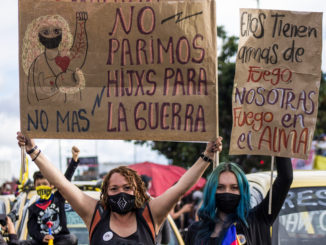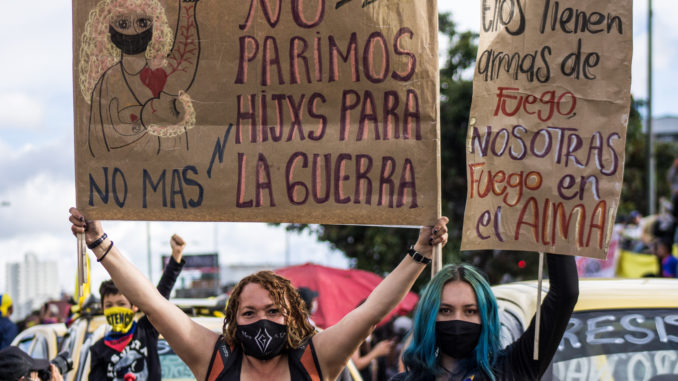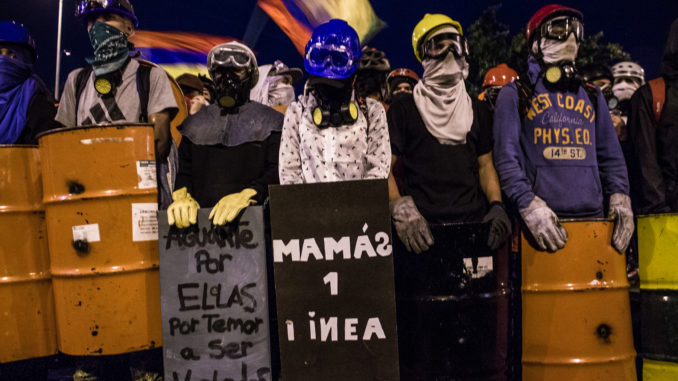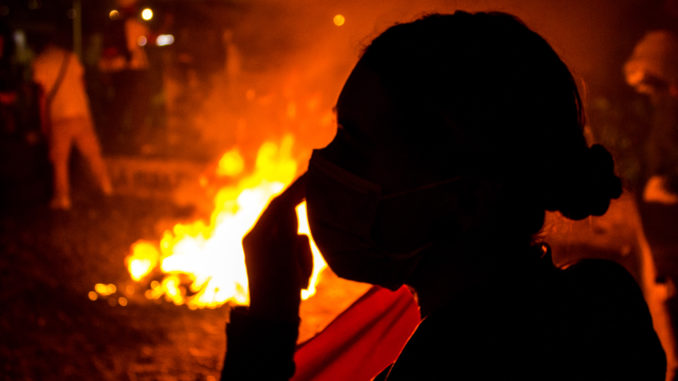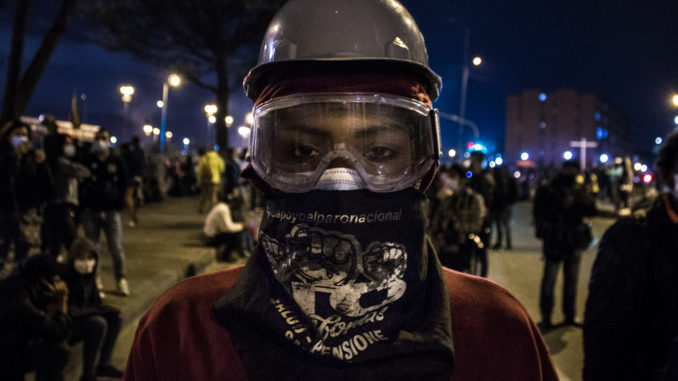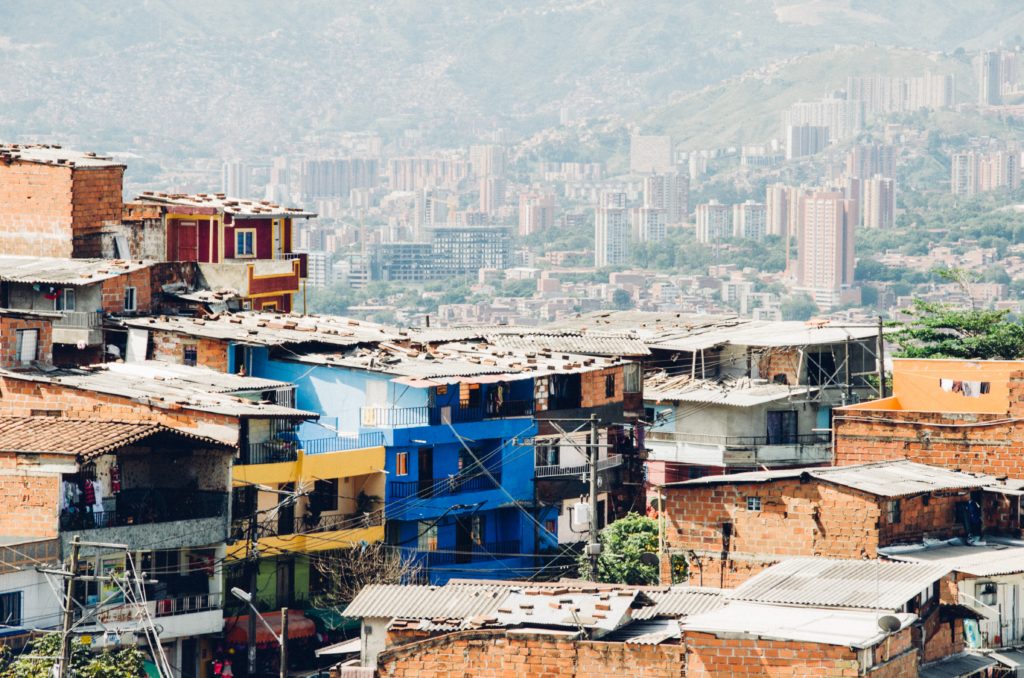
Early in October, the United Kingdom introduced new rules for international travel in light of the COVID-19 pandemic. A “red list” of 54 countries was announced that mandated quarantine for passengers from mostly Global South countries. A few days later, the red list was revised to retain seven countries—Colombia, Dominican Republic, Ecuador, Haiti, Panama, Peru and Venezuela.
But how will these travel restrictions affect negotiations at the United Nations Framework Convention on Climate Change (UNFCCC)’s 26th Conference of Parties, also known as COP26? This summit is scheduled to be held next month in Glasgow, Scotland, where delegates from more than 190 countries are convening to figure out how to meet the stipulations of the 2015 Paris Agreement.
However, people from the seven red-listed countries traveling to the United Kingdom must undergo a mandatory quarantine, even if they are vaccinated. And while the U.K. government has announced it will cover quarantine costs, these rules may be contributing to an already inequitable COP set-up. Previous COPs had ended in less-than-ideal outcomes over issues concerning equity.
“[The red list] evidences disparities between countries and the reality of vaccine inequality,” said Maria Alejandra Aguilar, associate lawyer in the climate justice division at Ambiente y Sociedad, an environmental non-governmental organization (NGO) in Colombia. Aguilar is an accredited observer for COP26 and despite her credentials, she worried about being able to travel to Glasgow. “The visa process was a nightmare for me and several delegates—even official ones,” she added, noting how her visa arrived on October 20, two days before her flight, even though she had applied for the visa on July 27.
Aguilar tweeted about her experience with the British Embassy in Colombia, noting how they held onto her passport for two months without an answer. Then on October 6, they asked her what COP26 is and what she intends to do in the United Kingdom.
I want to share the level of incompetence of the @GOVUK visas&immigration- I applied the 5th of August for a visa to attend @COP26 as accredited observer @UKinColombia 2 months without answer + withholding my passport, today this was their reply #COP26 pic.twitter.com/JjFcwTwgxU
— Maria Alejandra Aguilar (@AguilarMaria21) October 6, 2021
Meanwhile, Colombia is only reporting around 1,000 cases per day compared to the United Kingdom’s approximately 50,000 cases per day.
“I haven’t been able to understand why my country was on the red list, but the U.S. was never on the list, even though they had many COVID cases,” said Adrian Martínez, director and founder of La Ruta del Clima, a Costa Rican NGO focusing on climate governance processes and climate justice. As of publication, the United States had about 80,000 cases per day, whereas Costa Rica had around 600 cases per day. “We felt that we were being differentiated because of where we’re from,” he added.
Until a few days ago, most of Latin America was on the red list. Martínez said that is why countries like Mexico were considering sending only the core team of negotiators to Glasgow. He also added many NGOs in these countries did not try to obtain visas because they thought they would not be able to participate in COP26, given the restrictions.
If a country only sends a core team of negotiators, experts who routinely accompany negotiators to climate-change negotiations very likely will not be doing so because of the uncertainties that have arisen in the process, even with the revised red list. These countries also may reduce the number of negotiators they would send to Glasgow.
Martínez described the situation as a “distraction” from the prep work negotiators and other experts normally engaged during the weeks prior to previous COPs. “How to participate [at COP26] and who can get there has become the main issue,” he explained.
A COP26 spokesperson said ensuring the voices of those most affected by climate change are heard is a “priority for the COP26 Presidency.” The spokesperson also added financial support is available for delegates from developing countries for quarantine stays. But the spokesperson has yet to respond to what extent such financial support can remedy problems Global South representatives have faced in the last few months and will continue to face during negotiations. Meanwhile, the U.K. Department for Transport has yet to reply to this reporter. Questions also were sent to the UNFCCC. This article will be updated when responses are received.
“This closed, gatekeeping approach [to COPs] is political,” Martínez said. “It was supposed to be the most inclusive COP, but it has been the opposite. We had to complain and fight and persevere.”
Rishika Pardikar is a freelance journalist in Bangalore, India.

